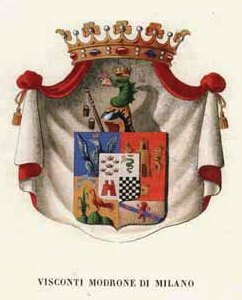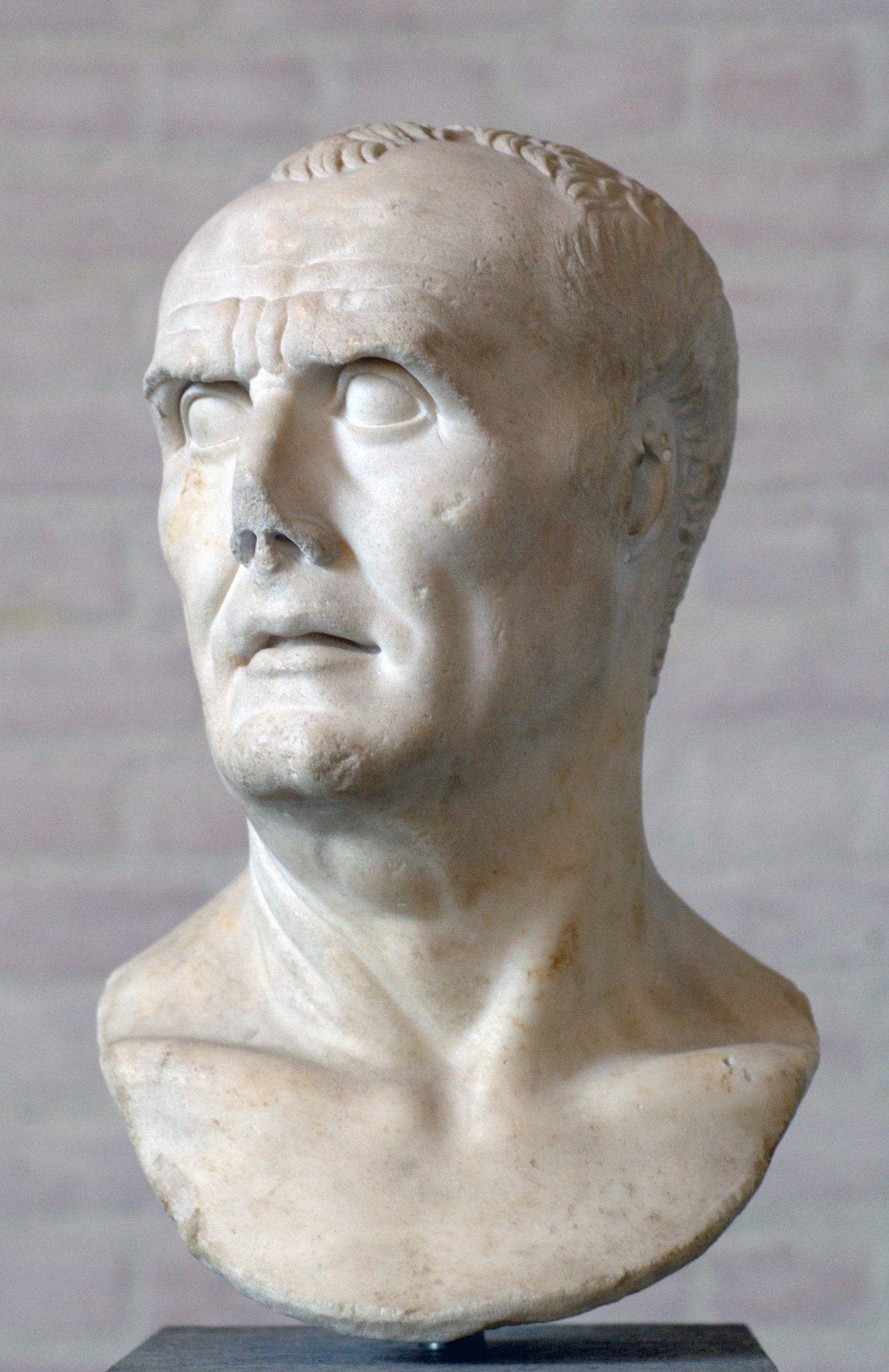|
Ruggero Mastroianni
Ruggero Mastroianni (7 November 1929 – 9 September 1996) was an Italian film editor. In his obituary of Mastroianni, critic Tony Sloman described him as "arguably, the finest Italian film editor of his generation." Born in Turin, he was the brother of the actor Marcello Mastroianni and nephew of the sculptor Umberto Mastroianni. He had a significant collaboration with director Federico Fellini, whose films he edited for over twenty years; their work includes '' Giulietta degli spiriti'' (1965), ''Amarcord'' (1973), and '' Ginger and Fred'' (1986), the last of which features his brother. He had a similarly notable collaboration with director Luchino Visconti in films like '' Le Notti Bianche'' (1957), '' Morte a Venezia'' (1971), '' Ludwig'' (1972) and '' Gruppo di Famiglia in un Interno'' (1974). He also edited the 1974 absurdist western comedy '' Don't Touch The White Woman!''. He won 5 David di Donatello Awards and 1 Nastro d'Argento as Best Editor. With his brother, wh ... [...More Info...] [...Related Items...] OR: [Wikipedia] [Google] [Baidu] [Amazon] |
Scipio The African
''Scipio the African'' (Italian: ''Scipione detto anche l'Africano'', ) is a 1971 Italian comedy film directed by Luigi Magni. Plot Years after the Second Punic War, Scipio Africanus finds himself generally unliked, despite his defeat of Hannibal, many years earlier. He and his brother, Scipio Asiaticus, are accused by Marcus Porcius Cato of the theft of 500 talents intended for Rome. As his friends and loved ones abandon him, Scipio finds life after war not as easy as he thought it would be. Cast * Marcello Mastroianni as Scipione l'Africano * Silvana Mangano as Emilia * Vittorio Gassman as Catone il Censore * Ruggero Mastroianni as Scipione l'Asiatico * Turi Ferro as Giove Capitolino * Woody Strode as Massinissa * Fosco Giachetti as Aulio Gellio * Ben Ekland * Enzo Fiermonte * Philippe Hersent * Gianni Solaro Gianni Solaro (born Gianni Lorenzon, 11 August 1926 – 12 August 2006) was an Italian film and television actor. Life and career Born in Rome, Solaro was a ch ... [...More Info...] [...Related Items...] OR: [Wikipedia] [Google] [Baidu] [Amazon] |
Luchino Visconti
Luchino Visconti di Modrone, Count of Lonate Pozzolo (; 2 November 1906 – 17 March 1976) was an Italian filmmaker, theatre and opera director, and screenwriter. He was one of the fathers of Italian neorealism, cinematic neorealism, but later moved towards luxurious, sweeping epics dealing with themes of beauty, decadence, death, and European history, especially the decay of the nobility and the bourgeoisie. Critic Jonathan Jones (journalist), Jonathan Jones wrote that “no one did as much to shape Italian cinema as Luchino Visconti.” Born into a Milanese Visconti di Modrone, noble family with close ties to the artistic world, Visconti began his career in France as an assistant director to Jean Renoir. His 1943 directorial debut, , was condemned by the Fascist Italy (1922–1943), Fascist regime for its unvarnished depictions of working-class characters, but is today renowned as a pioneering work of Italian cinema, generally regarded as the first neorealist film. During Wor ... [...More Info...] [...Related Items...] OR: [Wikipedia] [Google] [Baidu] [Amazon] |
Italian Film Editors
Italian(s) may refer to: * Anything of, from, or related to the people of Italy over the centuries ** Italians, a Romance ethnic group related to or simply a citizen of the Italian Republic or Italian Kingdom ** Italian language, a Romance language *** Regional Italian, regional variants of the Italian language ** Languages of Italy, languages and dialects spoken in Italy ** Italian culture, cultural features of Italy ** Italian cuisine, traditional foods ** Folklore of Italy, the folklore and urban legends of Italy ** Mythology of Italy, traditional religion and beliefs Other uses * Italian dressing, a vinaigrette-type salad dressing or marination * Italian or Italian-A, alternative names for the Ping-Pong virus, an extinct computer virus * ''Italien'' (magazine), pro-Fascist magazine in Germany between 1927 and 1944 See also * * * Italia (other) * Italic (other) * Italo (other) * The Italian (other) * Italian people (other) Italian ... [...More Info...] [...Related Items...] OR: [Wikipedia] [Google] [Baidu] [Amazon] |
Film People From Turin
A film, also known as a movie or motion picture, is a work of Visual arts, visual art that simulates experiences and otherwise communicates ideas, stories, perceptions, emotions, or atmosphere through the use of moving images that are generally, since the 1930s, Sound film, synchronized with sound and (less commonly) other sensory stimulations. Etymology and alternative terms The name "film" originally referred to the thin layer of photochemical emulsion on the celluloid strip that used to be the actual Recording medium, medium for recording and displaying motion pictures. Many other terms exist for an individual motion-picture, including "picture", "picture show", "moving picture", "photoplay", and "flick". The most common term in the United States is "movie", while in Europe, "film" is preferred. Archaic terms include "animated pictures" and "animated photography". "Flick" is, in general a slang term, first recorded in 1926. It originates in the verb flicker, owing to ... [...More Info...] [...Related Items...] OR: [Wikipedia] [Google] [Baidu] [Amazon] |
1996 Deaths
This is a list of lists of deaths of notable people, organized by year. New deaths articles are added to their respective month (e.g., Deaths in ) and then linked below. 2025 2024 2023 2022 2021 2020 2019 2018 2017 2016 2015 2014 2013 2012 2011 2010 2009 2008 2007 2006 2005 2004 2003 2002 2001 2000 1999 1998 1997 1996 1995 1994 1993 1992 1991 1990 1989 1988 1987 1986 Earlier years ''Deaths in years earlier than this can usually be found in the main articles of the years.'' See also * Lists of deaths by day * Deaths by year (category) {{DEFAULTSORT:deaths by year ... [...More Info...] [...Related Items...] OR: [Wikipedia] [Google] [Baidu] [Amazon] |
1929 Births
This year marked the end of a period known in American history as the Roaring Twenties after the Wall Street Crash of 1929 ushered in a worldwide Great Depression. In the Americas, an agreement was brokered to end the Cristero War, a Catholic Counter-revolutionary, counter-revolution in Mexico. The Judicial Committee of the Privy Council, a British high court, ruled that Canadian women are persons in the ''Edwards v. Canada (Attorney General)'' case. The 1st Academy Awards for film were held in Los Angeles, while the Museum of Modern Art opened in New York City. The Peruvian Air Force was created. In Asia, the Republic of China (1912–1949), Republic of China and the Soviet Union engaged in a Sino-Soviet conflict (1929), minor conflict after the Chinese seized full control of the Manchurian Chinese Eastern Railway, which ended with a resumption of joint administration. In the Soviet Union, General Secretary of the Communist Party of the Soviet Union, General Secretary Joseph S ... [...More Info...] [...Related Items...] OR: [Wikipedia] [Google] [Baidu] [Amazon] |
Luigi Magni
Luigi Magni (21 March 1928 – 27 October 2013) was an Italian screenwriter and film director. Life and career Born in Rome, Italy, Magni started his career as a screenwriter, in 1956, with '' Tempo di villeggiatura''. In 1968 he collaborated with Mario Monicelli in creating a real "event" of the Italian cinema by transforming Monica Vitti into a comedic actress with '' The Girl with the Pistol'', and the critical and commercial success of the film pushed him into directing. After the directorial debut with '' Faustina'' (which was also the debut film of Vonetta McGee), in 1969 Magni achieved an extraordinary success with ''Nell'anno del Signore'', which was the highest-grossing Italian film of the year, so as to require for the first time in Italy nighttime screenings to meet the demands of the audience. The film marked the encounter with Nino Manfredi, with whom Magni had a long-standing association on the set (including the screenplay of Manfredi's award-winning film ... [...More Info...] [...Related Items...] OR: [Wikipedia] [Google] [Baidu] [Amazon] |
Scipio Asiaticus
Lucius Cornelius Scipio Asiaticus (properly Asiagenes; 3rd century BC – after 183 BC) was a general and statesman of the Roman Republic. He was the son of Publius Cornelius Scipio and the younger brother of Scipio Africanus. He was elected consul in 190 BC, and later that year led (with his brother) the Roman forces to victory at the Battle of Magnesia. Although his career may be eclipsed by the shadow of his elder brother, Lucius' life is noteworthy in several respects. Family background Lucius belonged to the patrician ''gens'' Cornelia, one of the most important gentes of the Republic, which counted more consulships than any other. He was the son of Publius, the consul of 218 who died against the Carthaginians at the Battle of the Upper Baetis in 211, and Pomponia, the daughter of Manius Pomponius Matho, consul in 233. Lucius also had an elder brother, Publius, better known as Scipio Africanus, who was the leading man of his generation and the vanquisher of Hannibal a ... [...More Info...] [...Related Items...] OR: [Wikipedia] [Google] [Baidu] [Amazon] |
Nastro D'Argento
The (plural: ''Nastri d'Argento''; English: Silver Ribbon) is an Italian film award, held since 1946 by the ''Sindacato Nazionale Giornalisti Cinematografici Italiani'' (Italian National Union of Film Journalists). Awards are given annually in a wide range of categories, covering not only feature films but also short films (''Corti d'argento'') and television series (''Nastri d'Argento Grandi Serie''). The main awards are given at Taormina Film Fest, Sicily, while the short film awards ceremony is held in Naples. History The Nastri d'Argento awards, which are also known by their name in English, Silver Ribbons, have been given each year since 1946 by the Italian National Syndicate of Film Journalists (Italian: ''Sindacato Nazionale Giornalisti Cinematografici Italiani''). From 1950, the main award was Best Director, with no award given for Best Film until sometime after 1991. This is because it was assumed that the best director made the best film. This was different from ... [...More Info...] [...Related Items...] OR: [Wikipedia] [Google] [Baidu] [Amazon] |
David Di Donatello For Best Editing
The David di Donatello for Best Editing () is a film award presented annually by the Accademia del Cinema Italiano (ACI, ''Academy of Italian Cinema'') to recognize outstanding efforts on the part of film editors who have worked within the Italian film industry during the year preceding the ceremony. It was first presented during the 1981 edition of the David di Donatello award show. Winners and nominees Winners are indicated in bold. 1980s 1981 * Ruggero Mastroianni – '' Camera d'albergo'' * Nino Baragli – ''Bianco, rosso e Verdone'' * Enzo Meniconi – '' La baraonda'' 1982 * Ruggero Mastroianni – ''Tales of Ordinary Madness'' * Franco Letti – '' The Opportunities of Rosa'' * Roberto Perpignani – '' Sweet Dreams'' 1983 * Roberto Perpignani – '' The Night of the Shooting Stars'' * Raimondo Crociani – ''Il mondo nuovo'' * Ruggero Mastroianni – ''All My Friends Part 2'' 1984 * Raimondo Crociani – '' Le Bal'' * Franco Fraticelli – ''Where's Picone?'' * R ... [...More Info...] [...Related Items...] OR: [Wikipedia] [Google] [Baidu] [Amazon] |
Conversation Piece (film)
''Conversation Piece'' () is a 1974 drama film directed, co-written, and produced by Luchino Visconti. It stars Burt Lancaster, Helmut Berger, Silvana Mangano, and Romolo Valli; with cameo appearances by Claudia Cardinale and Dominique Sanda. The film explores such themes as the collision between old and new, imminence of death, existential crises, and the sociopolitical gap between generations. The title refers to an informal group portrait, especially those painted in Britain in the 18th century, beginning in the 1720s. Plot A retired American professor lives a solitary life in a luxurious palazzo in Rome, surrounded by pieces of art and books. He barely maintains contact with people other than his long-time housekeeper Erminia, but even that contact is characterized by detachment. One day, the rich but vulgar Countess Brumonti (her husband is a right-wing industrialist who does not appear) rings his doorbell. She manages to talk the Professor into renting the empty apartment ... [...More Info...] [...Related Items...] OR: [Wikipedia] [Google] [Baidu] [Amazon] |




